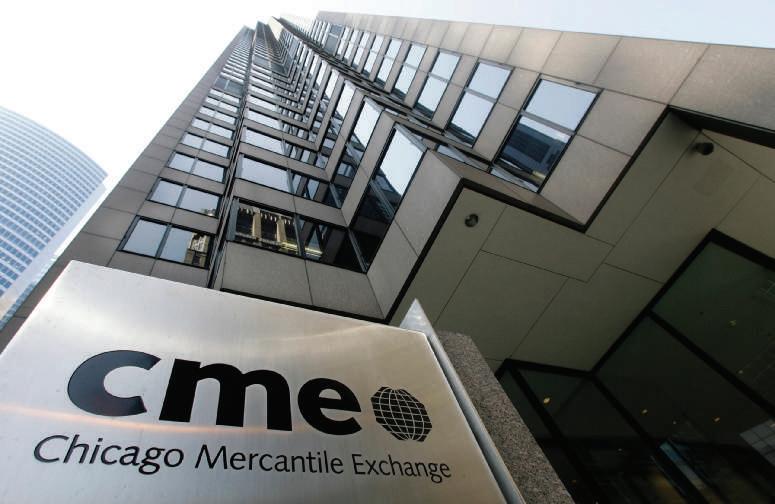
3 minute read
6-3a Econimic Risks
Medicaid to farm subsidies, flood insurance, and scholarships and research grants—that continue to help smooth out individual income disparities and economic successes and failures. While economic ideologies vary widely in countries throughout the world and many countries today have economic ideologies that are to some extent “mixed,” the existence of said ideologies clearly affects the conduct of international business in given jurisdictions.
Reality Che C k lO-2
Advertisement
What is your opinion of the United States’ economic ideology? Would you advocate a fairly pure capitalistic economic ideology or one involving much more government intervention and even ownership? Explain the reasons for your opinion.
LO-3
Discuss the key political and economic risks and the role of corruption in conducting global business.
economic risks
the risks that economic problems or mismanagement in a given country will have a meaningful negative impact upon the conduct of business in that country
6-3 Political Risks, Economic Risks, and Corruption 6-3a Economic Risks
Engaging in global business inherently poses economic risks. Economic risks are the risks that economic problems or mismanagement in a given country will have a meaningful negative impact on the conduct of business in that country.
What are some such economic risks? One such risk, for example, might involve restrictions on the transfer or exchange of a given foreign country’s currency or the devaluation of that currency. What if, for instance, a major international corporation doing business in Russia spent 50 million U.S. dollars to purchase 50 million rubles, with the currencies trading at a “par” one-to-one exchange rate? Then, because of a severe economic downturn in Russia, the ruble sharply declines in value from par or one ruble per dollar to only ten cents on the dollar, so that the 50 million dollars is now only worth 5 million dollars? Moreover, the currency devaluation may perhaps have been accompanied by some limitations on the ease of converting the ruble back to dollars; for example, a company may be limited to converting no more than 100,000 rubles back into dollars in a given day. Thus, the company’s initial investment of 50 million dollars to purchase Russian rubles is now worth only 5 million dollars, and the company can only now redeem its rubles for dollars at a rate of 10,000 dollars per day. This is a situation where the company has clearly fallen victim to an economic risk of doing business in Russia.
Currency devaluation and conversion restrictions are obviously only some of the many economic risks companies take when engaging in international business. In many countries in the world, the repayment of any loans the company makes to others may be questionable, in part because of weak legal structures with respect to the enforcement of contractual obligations. (We will further discuss the issue of legal structures later in the chapter.)
Other potential economic risks might involve human resources and labor relations. A country, for instance, may have particularly militant labor unions known for frequent unplanned or wildcat strikes and perhaps even for holding corporate executives hostage until their demands are met. Another potential economic risk companies face doing business internationally is that of inflation. Some countries, such as Brazil and Peru, have experienced hyperinflation in recent decades; this can dramatically increase the costs of doing business in a given country. Corruption is also a very important economic (and political) risk companies face in the world of global business, and, because of its critical importance, a special section is devoted to it below.
Two final key points can be made about the economic risks companies face in engaging in international business. First, there are many ways companies can potentially avoid






